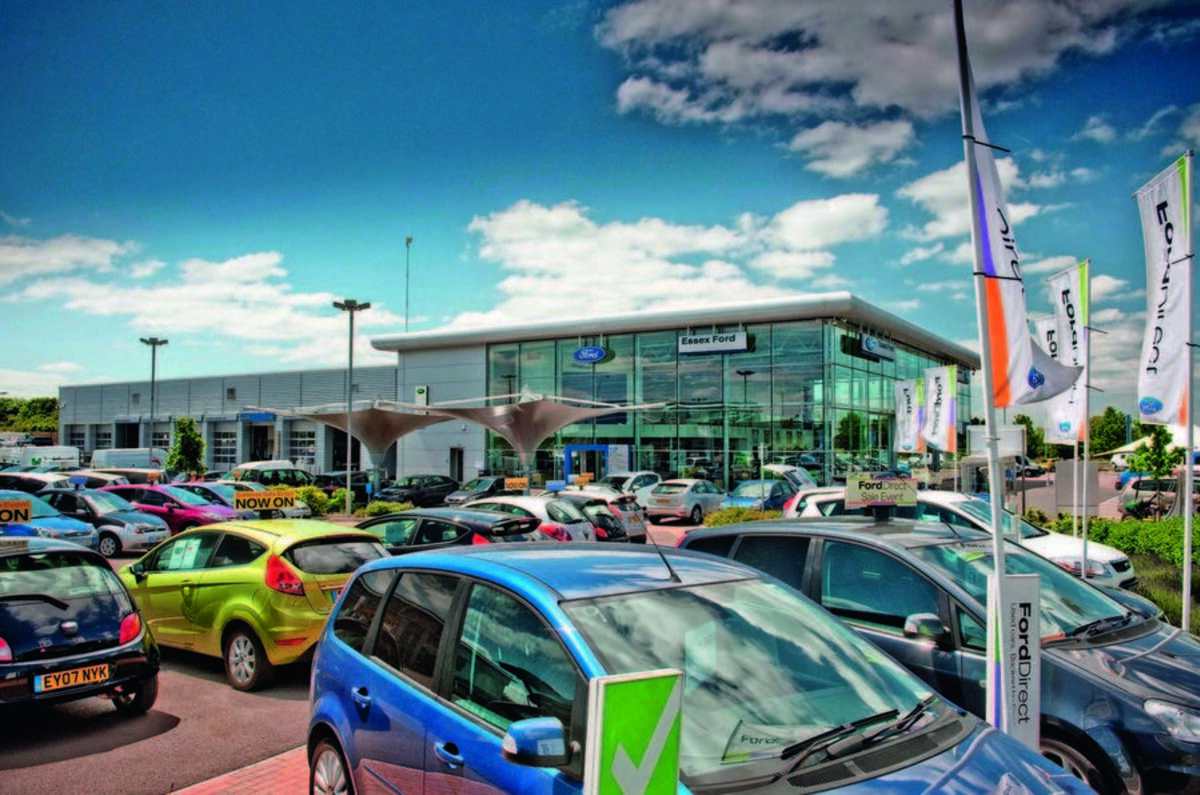Demand for plug-in hybrid cars fell by half in June, the biggest fall yet seen in this sector of the market, according to figures from The Society of Motor Manufacturers and Traders.
Plug-in hybrid sales decreased by 50.4% in June, and year-to-date, fell by 29.6%. The SMMT blamed the trend on the Government’s removal of the grant for these vehicles, which was announced in October last year. Supply issues for plug-in hybrids, related to the introduction of WLTP emissions testing last year, is another factor in their decline.
While plug-in hybrid sales fell in June, electric vehicle registrations rose by 61.7%, closely in line with demand year-to-date. In the first six months of 2019, EV demand has increased by 60.3%.
The overall new car market declined for the fourth consecutive month in June, falling by 4.9% with 223,421 units sold.
Year-to-date, UK car registrations dropped by 3.4% to 1.27m units, as “ongoing confusion over low emission zones and diesel, the removal of key ultra low emission vehicle incentives and an overall decline in buyer confidence affected the market,” said the SMMT. However, it added that the figures were in line with expectations.
The downward trend for diesel continued in June with a fall of 20.5%. Year-to-date, diesel sales have decreased by 19.4%.
Conversely, petrol sales grew by 3% in June and 3.5% year-to-date.
Mike Hawes, SMMT chief executive, said, “Another month of decline is worrying but the fact that sales of alternatively fuelled cars are going into reverse is a grave concern. Manufacturers have invested billions to bring these vehicles to market but their efforts are now being undermined by confusing policies and the premature removal of purchase incentives.
“If we are to see widespread uptake of these vehicles, which are an essential part of a smooth transition to zero emission transport, we need world-class, long-term incentives and substantial investment in infrastructure. Fleet renewal remains the quickest way to address environmental concerns today and consumers should have the confidence – and support – to choose the new car that best meets their driving needs, whatever the technology, secure in the knowledge that it is safer and cleaner than ever before.”
The supermini segment remains the biggest selling segment in the UK, making up 31% of registrations in the first six months.
The Ford Fiesta remains Britain's top-selling car followed by the Vauxhall Corsa and Mini hatchback.





Join the debate
Add your comment
The end of PHEV
Good to see the end of what in reality are very inefficent vehicles. A heavy petrol vehicle with a limited EV range. As the range of EV's is increasing they are replacing PHEV's. For long lond distances, diesel still has a place.
60% increase in EV sales is the important bit here
Hybrid will inevitably decline as EVs get better and more popular, and diesel is dying a slow death.
EVs are the only part of the market now growing significantly and that is where the smart money will be moving, not only for manufacturers and consumers, but also for investors.
The other big news recently is the massive increases in charging power announced by Ionity and Tesla, which will significantly reduce charging times for some EV drivers when using public chargers.
PHEV
Always was a bit undecided on their long term future, post grant removal their advantage dimished further, points to fact it was just a tax dodge in the first place.
Their dive in sales is even greater in Norway.